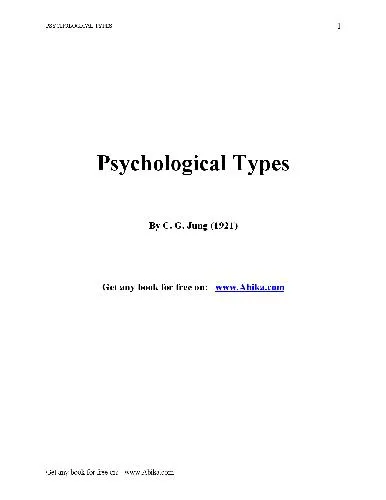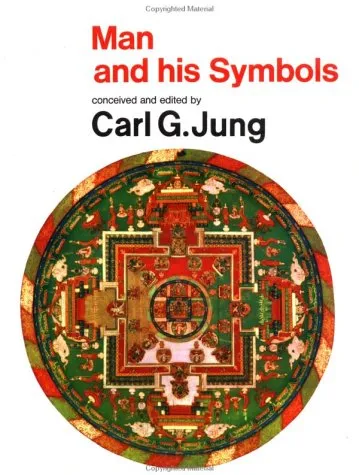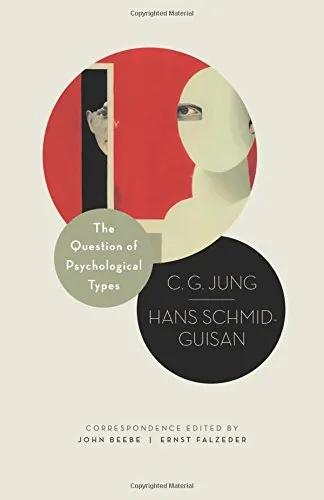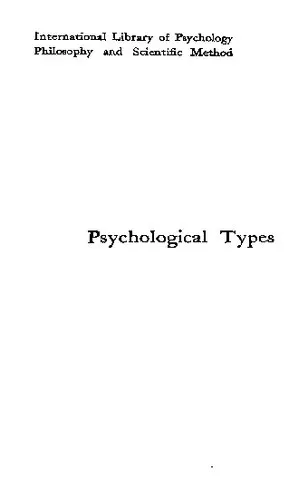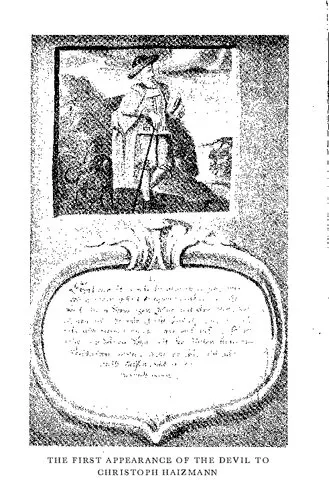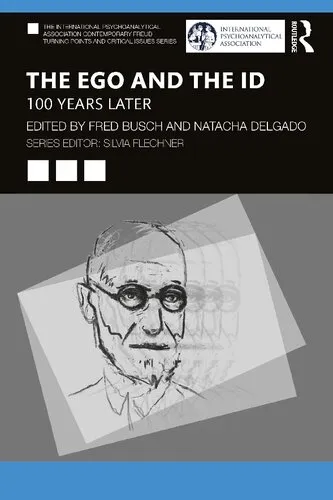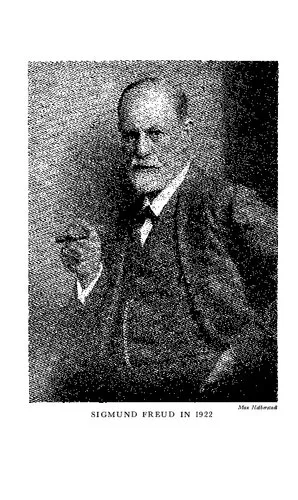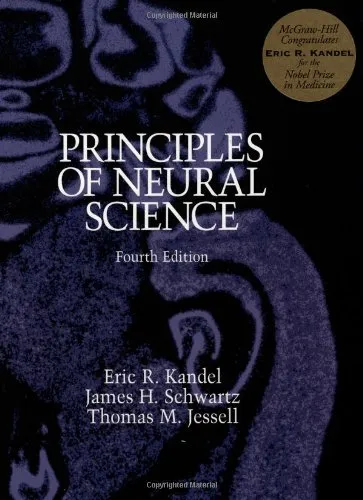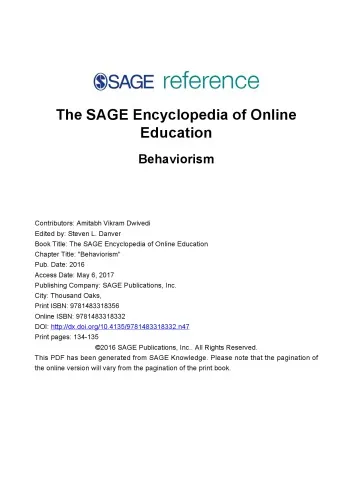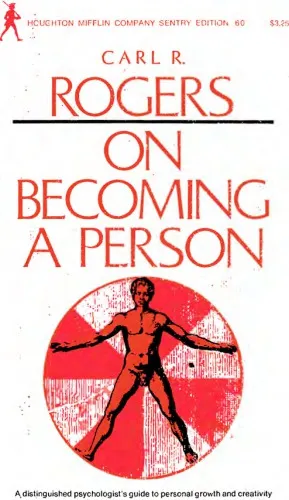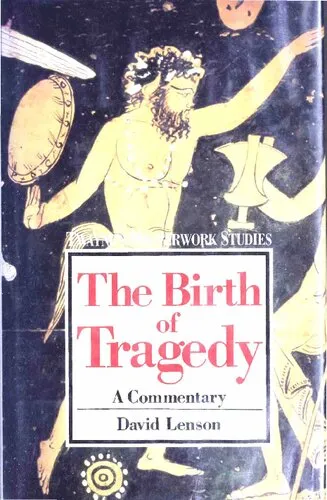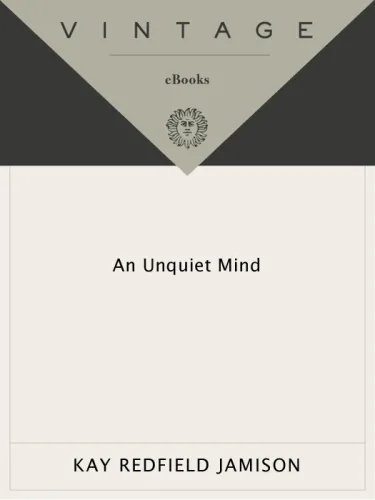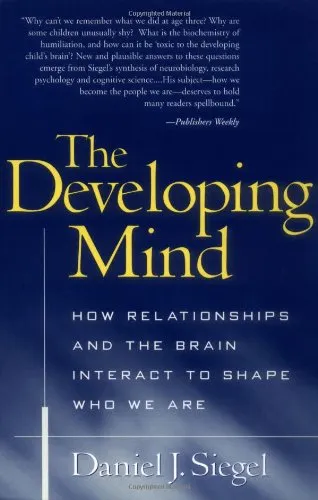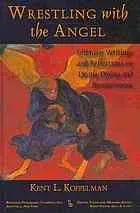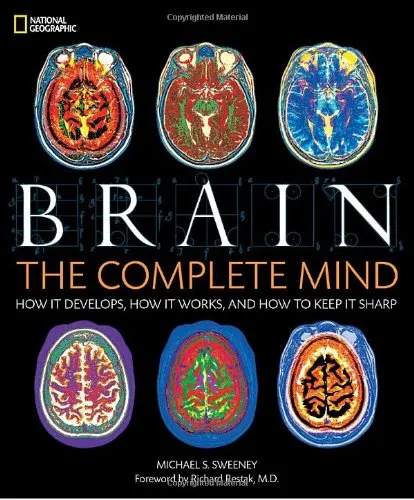Psychological Types
4.7
بر اساس نظر کاربران

شما میتونید سوالاتتون در باره کتاب رو از هوش مصنوعیش بعد از ورود بپرسید
هر دانلود یا پرسش از هوش مصنوعی 2 امتیاز لازم دارد، برای بدست آوردن امتیاز رایگان، به صفحه ی راهنمای امتیازات سر بزنید و یک سری کار ارزشمند انجام بدینکتاب های مرتبط:
معرفی کتاب 'Psychological Types'
کتاب 'Psychological Types' یکی از آثار برجسته دکتر کارل یونگ است که در آن به بررسی ماهیت و تنوع روانی انسانها میپردازد. این کتاب پایههای نظری بسیاری از مفاهیم مدرن روانشناسی را بنا نهاده و تأثیر عمیقی بر فهم انسان از خود و دیگران داشته است.
خلاصهای از کتاب
کارل یونگ در این کتاب به تحلیل انواع مختلف شخصیتها و Psychological Types که درون هر انسان وجود دارد میپردازد. او با استفاده از رویکردی روانتحلیلی، این موضوع را بررسی میکند که چگونه افراد به روشهای مختلفی با دنیای بیرونی و درونی خود تعامل دارند. یونگ در این کتاب دستهبندی مشهوری از شخصیتها تحت عنوان Extraversion و Introversion ارائه میدهد و به بررسی عملکردهای اصلی ذهن از جمله Thinking، Feeling، Sensing و Intuition میپردازد. این مفاهیم به منظور تحلیل و درک رفتارها و ترجیحات متفاوت افراد استفاده میشود.
نکات کلیدی
- تفکیک شخصیتها به دو نوع اصلی Extravert و Introvert و بررسی تأثیرات آنها بر زندگی فردی و اجتماعی.
- معرفی چهار عملکرد روانی اصلی: Thinking، Feeling، Sensing و Intuition که هر کدام نقشی حیاتی در تصمیمگیریها و برخوردها ایفا میکنند.
- ترکیب این عملکردها با دو نگرش Extraversion و Introversion برای ایجاد تایپهای مختلف روانشناختی.
- بررسی عمیق ابعاد ناخودآگاه و تأثیر آن در رشد روانی و شخصیت انسان.
نقلقولهای معروف از کتاب
"شناخت دیگران ممکن است سخت باشد، اما شناخت خود یک چالشی بزرگتر است."
"آنچه ذهن را به حرکت در میآورد دورتر از محدودیتهای آگاهانه است که در قالب طبیعت حیوانی و خودآگاه فردی پدیدار میشود."
چرا این کتاب اهمیت دارد
کتاب 'Psychological Types' به عنوان یکی از سنگبناهای اصلی روانشناسی مدرن شناخته میشود. این اثر نه تنها مبانی اولیه برای سیستمهای شخصیتی مختلف مانند Myers-Briggs Type Indicator را فراهم کرده، بلکه به پژوهشگران و روانشناسان ابزار لازم را برای درک بهتر انسانها و الگوهای رفتاریشان ارائه داده است. بهواسطه معرفی و تبیین دقیق Psychological Types، این کتاب به خوانندگان کمک میکند تا شناخت بهتری از خود پیدا کنند و تعاملات مؤثرتری با دیگران داشته باشند.
Welcome to an exploration of Carl Jung's monumental work, Psychological Types, a pioneering text in the field of psychology that delves into the intricate world of personality and individual differences. This book, first published in 1921, has remained a cornerstone in understanding human behavior and cognitive processes. Let's delve into the various components that make this book an essential read for both the layperson and the psychological professional.
Detailed Summary of the Book
In Psychological Types, Carl Jung introduces a comprehensive framework for understanding the diversity of personalities. Jung's core thesis revolves around the notion of psychological types, which he divides into two primary attitudes: introversion and extraversion. These are further complemented by four psychological functions: thinking, feeling, sensation, and intuition. The interplay between these attitudes and functions leads to the formation of eight unique personality types.
Jung thoroughly examines how individuals with varying psychological types differ in their approach to life, decision-making, and interpersonal relationships. He underscores the importance of these types in understanding the complexities of individual psyches, as well as their impact on culture, art, and history. The book also delves into the potential for internal conflict when an individual's dominant functions clash with their unconscious counterparts, often leading to personal growth and transformation.
Key Takeaways
- The concept of psychological types has significant implications for personal growth, therapy, and interpersonal relations.
- Jung's framework provides a deeper understanding of how personalities are shaped and how they influence human behavior.
- The theory highlights the necessity of acknowledging and integrating the less dominant aspects of one's personality to achieve a balanced psychological state.
- Jung proposes that conflicts within the psyche are vital for personal evolution, facilitating the integration of different facets of personality.
Famous Quotes from the Book
"In each of us there is another whom we do not know."
"Everything that irritates us about others can lead us to an understanding of ourselves."
"The meeting of two personalities is like the contact of two chemical substances: if there is any reaction, both are transformed."
Why This Book Matters
Psychological Types is not merely an academic endeavor; it is a practical guide to understanding and appreciating human diversity. Its importance lies not only in its foundational psychological theories but also in its application across diverse fields such as education, organizational development, and personal relationships. Jung's work offers a vital framework for recognizing the complexities of individual behavior and fostering empathy and communication between different personality types.
In conclusion, Psychological Types serves as a testament to the brilliance of Carl Jung’s insight into the human condition. By categorizing and analyzing types in such a nuanced manner, Jung has provided an invaluable tool for individuals to better understand themselves and others, paving the way for enhanced self-awareness and improved interpersonal dynamics.
دانلود رایگان مستقیم
شما میتونید سوالاتتون در باره کتاب رو از هوش مصنوعیش بعد از ورود بپرسید
دسترسی به کتابها از طریق پلتفرمهای قانونی و کتابخانههای عمومی نه تنها از حقوق نویسندگان و ناشران حمایت میکند، بلکه به پایداری فرهنگ کتابخوانی نیز کمک میرساند. پیش از دانلود، لحظهای به بررسی این گزینهها فکر کنید.
این کتاب رو در پلتفرم های دیگه ببینید
WorldCat به شما کمک میکنه تا کتاب ها رو در کتابخانه های سراسر دنیا پیدا کنید
امتیازها، نظرات تخصصی و صحبت ها درباره کتاب را در Goodreads ببینید
کتابهای کمیاب یا دست دوم را در AbeBooks پیدا کنید و بخرید
1497
بازدید4.7
امتیاز0
نظر98%
رضایتنظرات:
4.7
بر اساس 0 نظر کاربران
Questions & Answers
Ask questions about this book or help others by answering
No questions yet. Be the first to ask!
